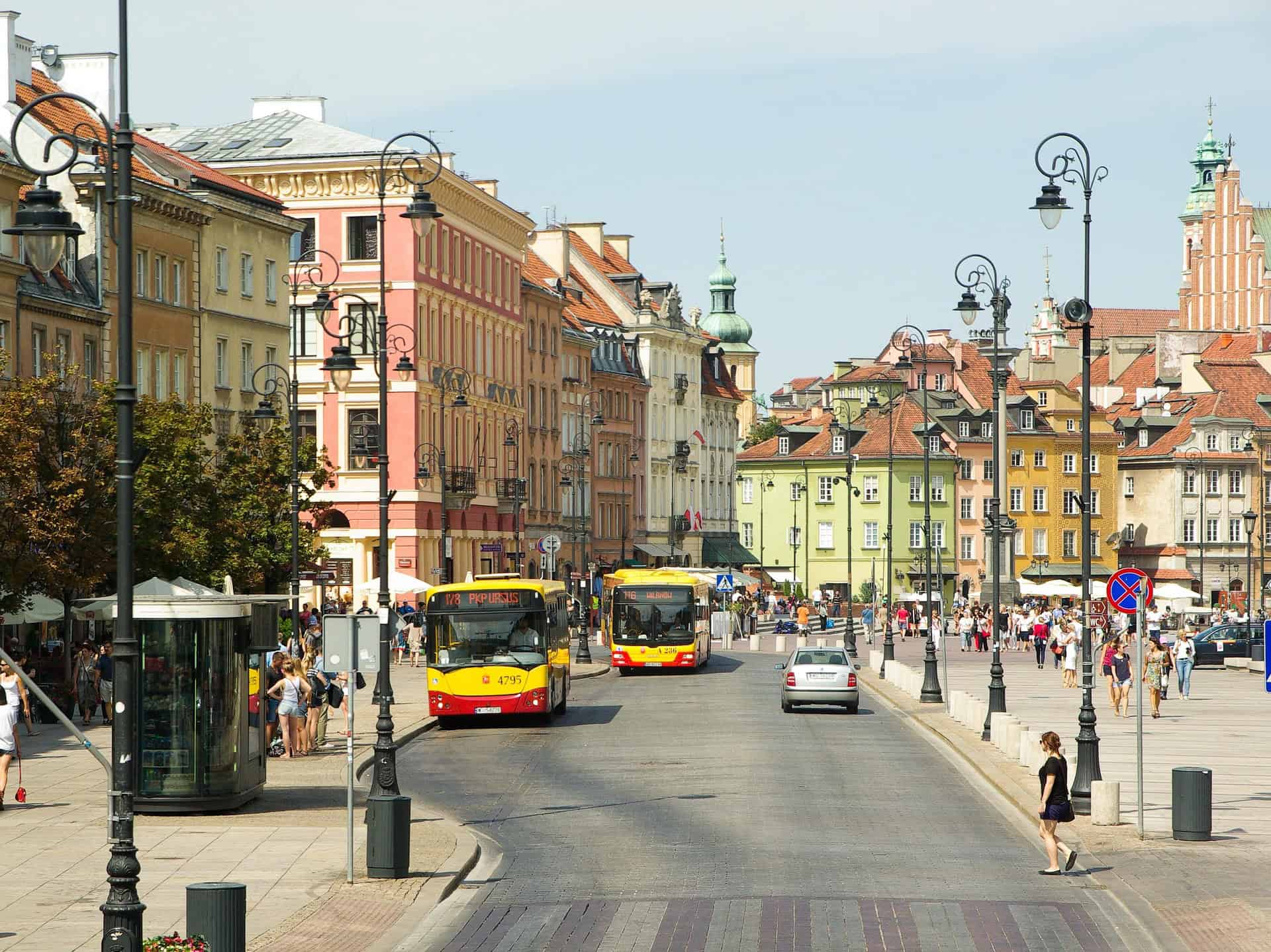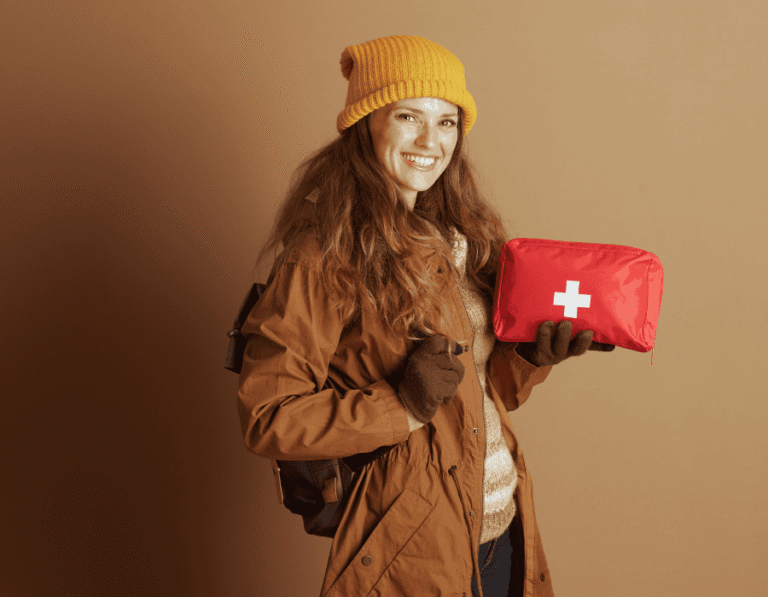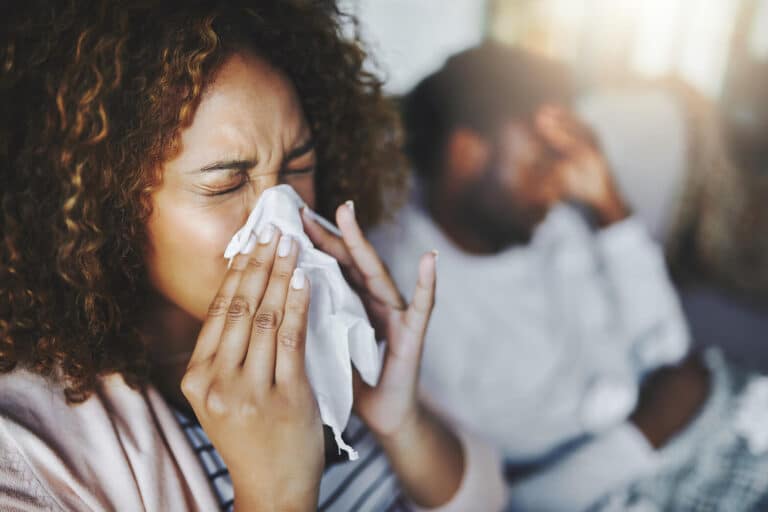Traveling to Warsaw is exciting — modern city vibes mixed with history and culture. But getting sick on a trip? Not so fun. Don’t worry — we’ve put together everything you need to know about handling medical issues in Warsaw, so you can get the right help, fast.
Understanding Warsaw’s Healthcare System

Let’s look at Warsaw’s healthcare system.
Public vs. Private Healthcare
Poland’s public healthcare system (NFZ) is available to residents, but for travelers, it’s often easier (and faster) to use private medical care. Public hospitals may involve long wait times, and English is not always guaranteed. Private clinics offer shorter waits, more personalized service, and many doctors speak English.
Emergency Medical Care
Here’s everything you need to know about emergency care in Warsaw.
Essential Emergency Numbers
- 112 – General EU emergency number
- 999 – Ambulance services
How to Call an Ambulance in Warsaw
Dial 999 directly for an ambulance, or 112 if you need broader emergency help.
Hospital vs. Urgent Care Clinic
- Go to the hospital if it’s life-threatening (serious accidents, chest pain, difficulty breathing).
- Visit urgent care/clinic for minor injuries, stomach issues, or non-life-threatening illness.
Pharmacies & Medication: What You Need to Know

Pharmacies are called “Apteka” in Poland.
- Many are open late, and some operate 24/7 in Warsaw.
- Over-the-counter medicines are available for common ailments, but stronger medications require a prescription.
What to Do if You’ve Got Travel Insurance
Most travel insurance plans cover medical care in Poland. To make a claim, you’ll likely need:
- Proof of payment/receipts
- Medical reports from the doctor or clinic
- Your insurance policy details
Language Barriers
Polish is the main language, and while younger doctors often speak English, it’s not guaranteed. Useful phrases:
- “Czy mówisz po angielsku?” – Do you speak English?
- “Potrzebuję lekarza.” – I need a doctor.
- “Gdzie jest apteka?” – Where is the pharmacy?
How to Avoid Getting Sick in Warsaw
- Tap water: Safe to drink, but if you have a sensitive stomach, stick to bottled water.
- Food safety: Warsaw is known for clean, modern restaurants. Street food is generally safe, but always choose busy stalls with high turnover.
- Weather: Winters can be cold and damp — dress warmly to avoid flu or colds.
Healthcare Tips for Pregnant Travelers & Those with Pre-existing Conditions
If you need a specialist (gynecologist, cardiologist, etc.), private clinics in Warsaw are your best bet. Booking in advance is recommended.
Finding an English-Speaking Doctor in Warsaw
This can be tricky — many hospitals focus on Polish patients first. Private doctors are more likely to speak English, but finding them quickly isn’t always easy.
That’s where Air Doctor comes in. With our app, you can connect to English-speaking doctors in Warsaw (and 85+ countries) in just a few clicks.
Getting Help Beyond Healthcare
If you lose your medication, face serious illness, or need legal/financial support after an accident, your embassy in Warsaw can help. Contact them for guidance.
Recap
Getting sick abroad is stressful, but Warsaw offers excellent private healthcare options. Save emergency numbers, know where to find pharmacies, and use Air Doctor to connect with English-speaking doctors when you need them.
About Air Doctor
With the Air Doctor app in your pocket, you can access medical care and receive expert medical guidance anywhere you travel.
Air Doctor offers a wide range of benefits, including:
- A global network of over 20,000 multi-lingual doctors and specialists
- Choice of clinic, at-home (hotel), and video consultations
- Healthcare access in 90 countries
- 24/7 multi-lingual support
- Transparent pricing and reviews
- Most common medical specialties, including cardiologists, ENT specialists, and gynecologists
FAQs
Yes, tap water is safe to drink and use for brushing teeth.
Yes, street food is generally safe, especially from busy stalls with high turnover.
If you happen to get an upset stomach, you may experience diarrhea, cramps, and nausea. Seek medical advice if symptoms persist.












